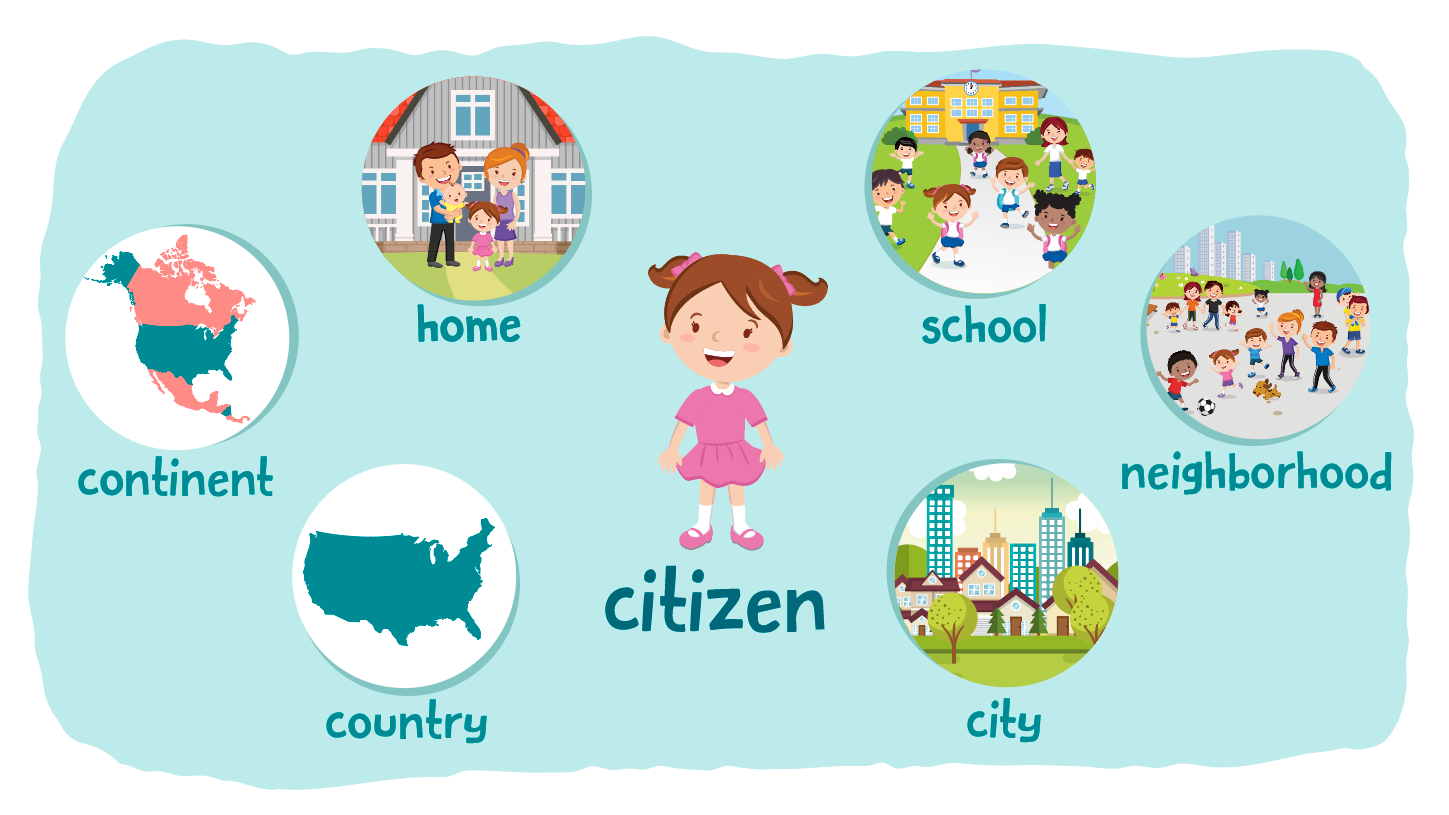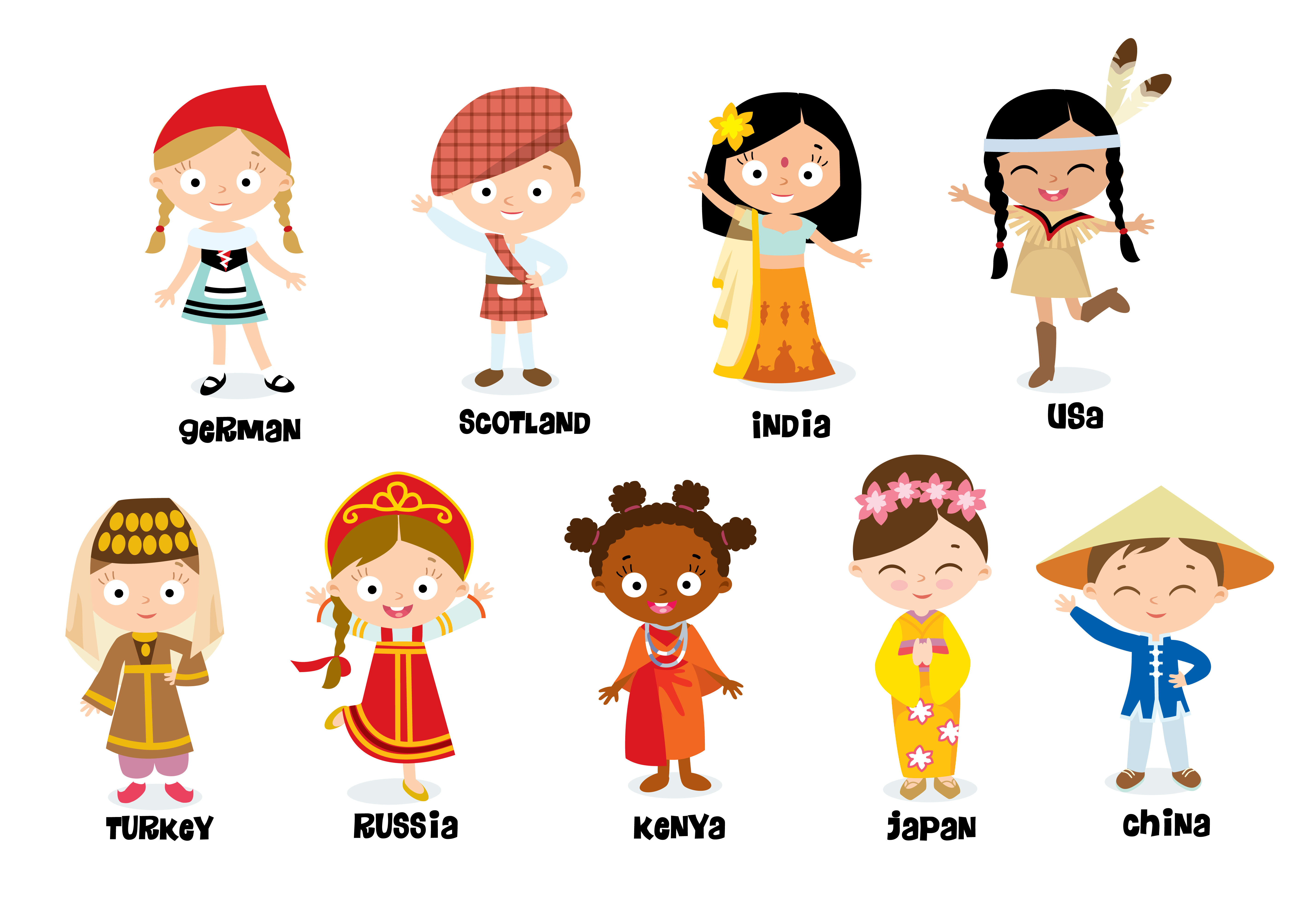Rhyming Worksheets Activities With Answers for Ages 4-5
1 filtered results
-
From - To


Rhyming Words: Assessment Worksheet
Rhyming Worksheets Activities with Answers are an incredibly useful tool for educators and parents looking to bolster a child's language abilities. Engaging in rhyming activities offers more than just fun; it's a foundational step towards developing phonemic awareness, an essential skill for early reading success. Here's why these activities are so valuable.
Firstly, rhyming teaches children to recognize and produce sounds that are similar. This skill, known as phonemic awareness, is critical in the reading process. It helps children understand that words are made up of smaller sound units, which can be manipulated to form new words. For example, changing the first sound in "cat" to "b" creates a new word, "bat". Rhyming Worksheets Activities with Answers provide a structured way for children to practice this skill, with the added benefit of immediate feedback to reinforce learning.
Secondly, these worksheets enhance vocabulary. As children explore rhymes, they naturally encounter a variety of words, some of which may be new to them. This exposure helps broaden their vocabulary, making it easier for them to express themselves and understand others.
Additionally, Rhyming Worksheets Activities with Answers promote spelling skills. By working with rhymes, children start to grasp that words that sound similar often have similar spelling patterns. This recognition is crucial when they begin to write independently.
Furthermore, these activities are engaging and enjoyable, making learning feel less like a chore and more like play. This positive association with learning can foster a lifelong love for reading and language.
In summary, Rhyming Worksheets Activities with Answers are not just entertaining; they are a powerful educational tool. They build phonemic awareness, expand vocabulary, enhance spelling skills, and imbue learning with joy. For any parent or educator looking to support a child’s language development, incorporating these activities is a smart move.
 Assign to the classroom
Assign to the classroom












